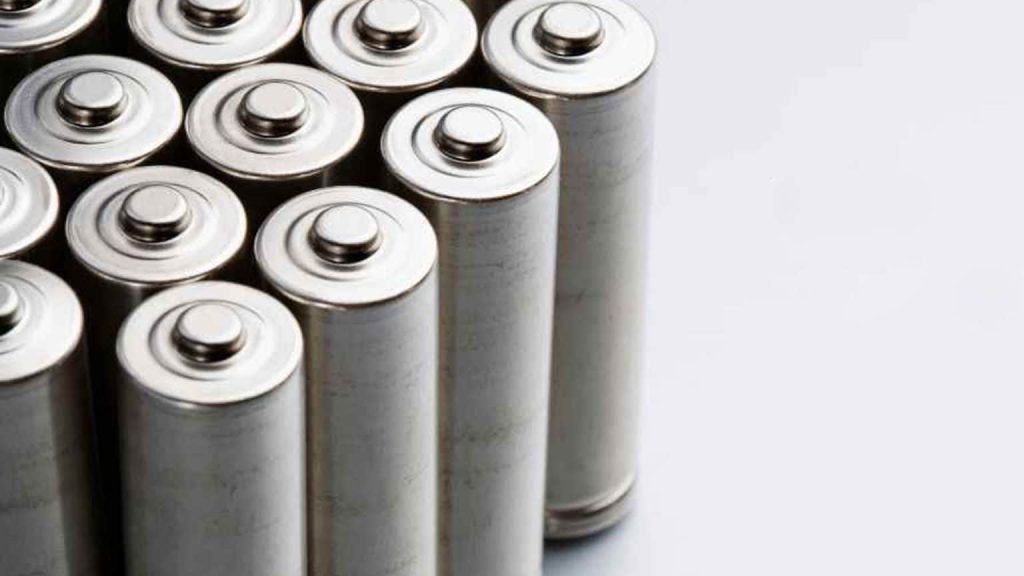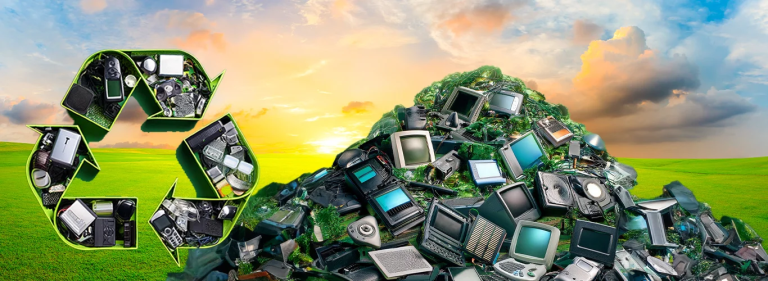Can India cut its dependence on China for critical minerals? The Union cabinet has approved a Rs 1,500 crore scheme to recycle battery waste and e-waste, extracting vital minerals for electronics, renewable energy, and electric mobility. The move, part of the National Critical Mineral Mission, is expected to create 70,000 jobs and attract Rs 8,000 crore investment.
A push for supply chain security
The scheme, running until FY31, comes after supply disruptions earlier this year when China halted exports of rare earth magnets, underlining the risks of relying on one source. It aims to build a domestic recycling ecosystem, producing nearly 40 kilo tonnes of lithium, cobalt, nickel, and other key minerals annually.
“This decision is a crucial step towards strengthening supply chain resilience, advancing sustainability, and achieving self-reliance in critical minerals,” said Minister of Heavy Industries and Steel H.D. Kumaraswamy.
Incentives for large firms and start-ups
The plan includes a 20 per cent capital subsidy for projects starting production within deadlines and operational subsidies linked to sales milestones. Subsidy limits are capped at Rs 50 crore for large companies and Rs 25 crore for smaller firms, with one-third of the outlay reserved for start-ups.
“It will incentivise both large recyclers and start-ups while ensuring sustainable supply chains for lithium-ion batteries and other critical minerals essential for EVs, storage solutions, and emerging technologies,” Kumaraswamy added.
Building a circular economy
Industry experts welcomed the move, noting it aligns with global efforts by the US, EU, and Japan to cut reliance on China, which controls over 60 per cent of rare earth production.
“This is a pragmatic step. By recycling used batteries, e-waste and catalytic converters, India can generate a dependable domestic pool of critical minerals, insulating itself from sudden global supply shocks,” said a senior battery executive. Minister G. Kishan Reddy said the scheme will advance India’s circular economy in line with Mission LiFE.
Source link : View Article
Author
-

Manufacturing Today is a premier B2B publication dedicated to the dynamic world of manufacturing. As the backbone of economies and a driver of global development for centuries, manufacturing continues to shape nations by creating tangible products that impact everyday life.



